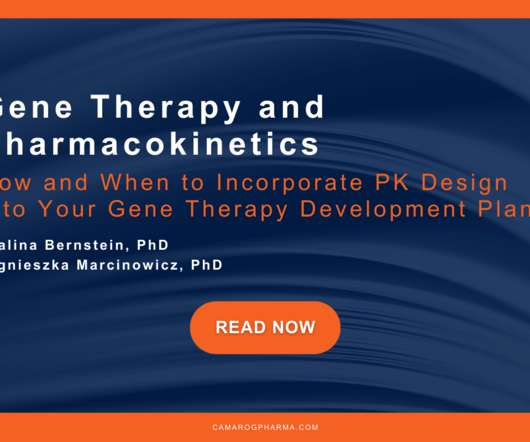Moderna partners with Life Edit for mRNA gene editing therapies
Pharmaceutical Technology
FEBRUARY 23, 2023
Moderna has entered a strategic research and development partnership with ElevateBio’s Life Edit Therapeutics to discover and develop new in-vivo mRNA gene editing therapies. Our novel editing systems have the potential to precisely modify gene targets for both in vivo and ex vivo therapeutic development.”














Let's personalize your content